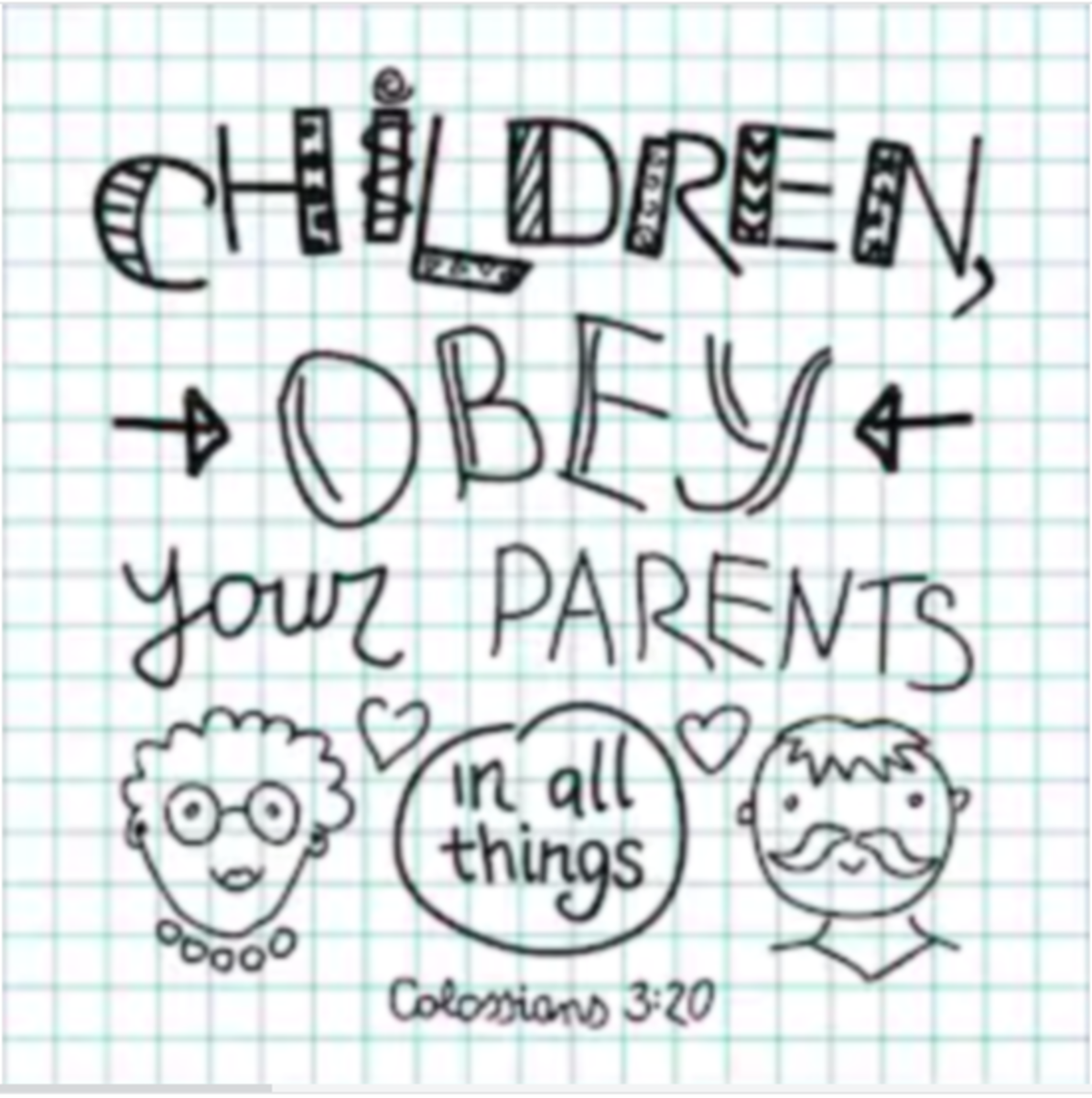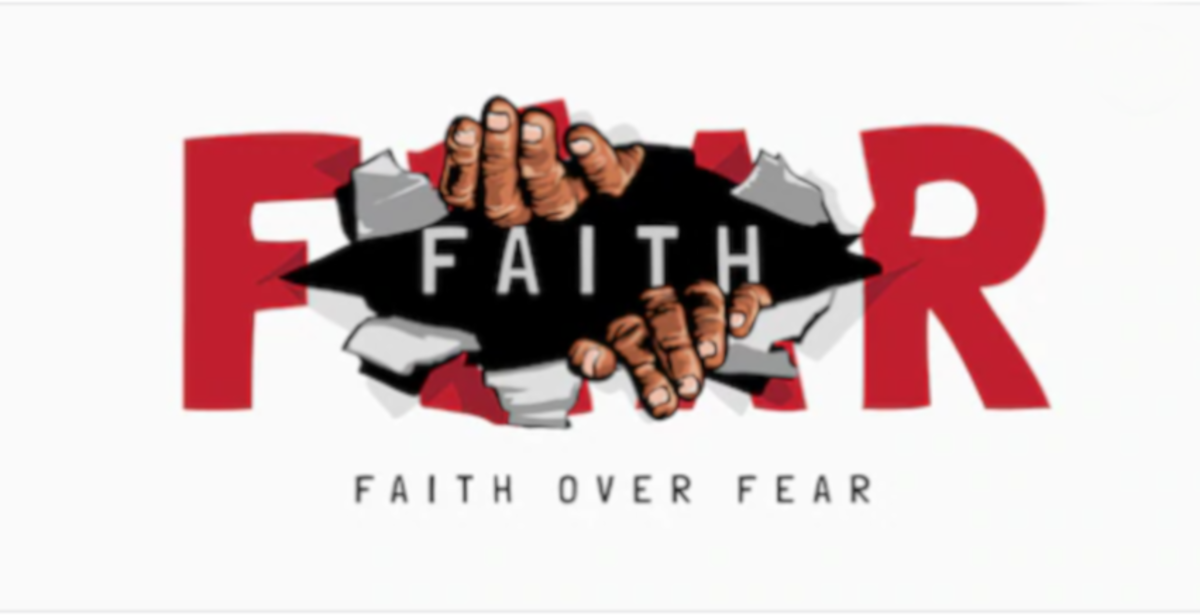Protection in the Shadow of God's Wings, or Not?

Do you ever wonder why God allows suffering and death?
Protection in the Shadow of God's Wings, or Not?
Psalm 57:1-3
1. Be merciful unto me, O God, be merciful unto me: for my soul trusteth in thee: yea, in the shadow of thy wings will I make my refuge, until these calamities be overpast.
2. I will cry unto God most high; unto God that performeth all things for me.
3. He shall send from heaven, and save me from the reproach of him that would swallow me up. Selah. God shall send forth his mercy and his truth.
David spoke of something that we all experience: calamities. One of the things that this goes to show is that even believers in the Lord suffer calamities. I have suffered a few myself.
Have you lost your job or your home, recently? How about a loved one in your family? Or is there some sort of other distress you have come under and are wondering why God has allowed this to happen to you? Remember, you are not alone. Even Jesus on the cross said, "My God, my God, why hast thou forsaken me?" Matthew 27:46. However, did God forsake Him. No. He was resurrected!
Moreover, David was delivered from the calamity he referred to in Psalm 57. He was fleeing from King Saul, because the king was pursuing his life. Ultimately, King Saul ended up dying in battle against the Philistines and David was chosen to rule in his place. So God can enable you to overcome your calamities and come out reigning like a king afterwards (like King David); or you life may be renewed in some way, shape or form (like Jesus).

We're All Going to Die
But what about those times when calamity leads to death? I have to admit that there are such instances. For example, take the stoning of Stephen in Acts 7. Stephen was stoned as a martyr for his witness of Jesus (Acts 7:59-60). And again, I will use the example of Jesus. Jesus was crucified on the cross. I even heard of a pastor from my church which died in a car accident in Australia. These things do happen. How are we to deal with that and reconcile that with our faith in God?
I think it helps to realize that death is a certainty of life. Once we accept that fact, and the promise that God has something better for us in store in eternity, it will make it easire to deal with. Personally, to me, the times and reasons are not that important. I am going to die, anyway. What does it matter if it's going to be in a hurricane at the age of 34 or in my sleep at the age of 90? Yes, it would be more of an inconvenience and burden on my family if I died at a younger age; but on the other hand, at least the worries of this life (for me) would be over.

Is God Inconsistent?
This leads me to my next question. Why would god promise protection from calamity and then allow some believers to die in it? This is not an easy question to answer; because it seems to put Scripture at odds with itself. However, I think a couple of factors need to be considered: God's will and the natural order of things.
In terms of God's will: If the death of a Christian would benefit in the advancement of the Gospel and possibly the saving of a soul, is that justifiable? Jesus died for our sins; so apparently, yes. We are all God's children; and if God allows those of us who are saved to die so that it may be possible that those of His children who are not saved to come into a saving relationship with Jesus, what is that to us? Eternal life has already been secured for us.
This was actually the case with the persecution of Christians in early church history. Christians were persecuted by the Jews, Pagan Rome, and the Roman Catholic Church. Vigorous efforts were made to stamp out Christianity. However, it had the opposite effect. Observers noticed the power of the faith that Christians held. A power so intense that they were willing to die for it. This convinced them that the Christian religion was the true one; and as a result the church grew exponentially. Tertulain, an early Christian author, wrote of this, saying, "The blood of the martyrs is the seed of the Church." Apologeticum ch. 50, 13.
Sometimes, on the TV news, I see stories of Christians who die as martyrs in Islamic countries. I wonder if God allows that to happen so that the power of their faith may be a witness to onlooking Muslims. I am convinced that is the case at least some of the time; so it's no wonder when I hear stories of Muslims who risk all to accept Jesus as their Lord and Savior. I mean, what a faith! When was the last time you heard of a Muslim sacrificing their life for their faith (suicide bombers don't count).
In terms of the natural order of things: We have to remember that we live in a sinful world; and even Christians are subject to the consequences of it. Sometimes, bad things happen to good people. That is just a fact of life. That is a fact of living under the curse of sin. Nevertheless, I wouldn't say that God is to blame for that. Put the blame where the blame is due—the devil! He iss the one who led Adam and Eve into sin and started this whole mess.
Living under sin is a choice that our original parents, Adam and Eve, made. It doesn't help that all of humanity, afterwards, have made the same choice by living sinfully; so what do you expect? Nonetheless, we are kind of powerless over the matter because we are born in sin. Powerless until we accept Jesus and His life-changing power; but that's a subject for another hub.
God is just giving us what we ask for. It's like He's saying, "You want to live a sinful life, you got it. With all of its consequences". Consequences, however, are meant to teach a lesson. The woes of humanity stem from sin. So the lesson that we are to learn from this is sin causes pain, suffering and death. If God were take the consequences of sin out of our existence, and we were to continue to live sinfully, what help would that be to us in the divine scheme of things. We would not need Jesus as a Savior from our sins because we would not feel the burden of sin. Thus, until Jesus comes to usher in His eternal kingdom of righteousness, we must try and cope with this sinful existence the best that we can.
The Bible promised protection from calamity. God offers that; but sometimes God's plan allows for the suffering and death of even His faithful servants. Sometimes, it may be to fulfill His will of the Gospel being preached to the entire world. Also, God cannot remove from fallen humanity the consequences of sin because then people would not recognize their need of Jesus. Regardless, we need to keep our focus on Jesus and faith in God strong to believe that God knows what He is doing; and that if we are in a saving relationship with Jesus, our life should be the least of our worries.
More Hubs by Greg Sereda & Other Christian Resources
Read how Jesus delivered me from a life of drugs, crime and prison!
These classic Bible lessons have helped tens of thousands to understand their Bibles and prophecy better! Each Study Guide covers an important Bible topic step by step, with revealing Scripture and easy-to-understand lessons. Learn what it means to be a Christian and discover the real Jesus, the Bible, and the gospel through this popular series!
This is a biblical hub about maintaining moral purity, detecting moral threats and how to deal with them, and staying focused on Jesus as keys to overcoming sexual lust. With helpful scriptures.








